‘Dr Tetris’ on the biggest ever iteration of the puzzle in London
Tetris comes to 360-degree, 23,000 sq ft, 16k LED screens in London; Craig McLean speaks to Henk Rogers, the man who’s kept the game alive

On a rain-sodden, wind-lashed, grimly grey day at a grinding traffic junction in central London, a multi-millionaire silver fox is unveiling an otherworldly escape room – a colourful cascade of sliding tiles that is, already, causing slack-jawed passersby to crane their necks four stories high.
Henk Rogers is fresh in from Hawaii. The charismatic computer games designer and entrepreneur who, four decades ago, brought Tetris to the world, is in the UK to unveil the biggest-ever iteration of the world-beating puzzle. Shimmering across the 360-degree, 23,000 sq ft, 16k LED screens of public art/advertising space Outernet, the game is already afoot. Seven visitors to the free-to-enter space have scanned with their phones a QR code looming from the screens. Now they’re competing against each other to control a giant array of sliding blocks.
Even glimpsed through wintry gloom from several hundred metres up Tottenham Court Road, it’s obvious what they’re doing: playing Tetris. ‘It’s like, holy shit – it’s still here!’ the 71-year-old Dutchman replies when I ask for his first thoughts on seeing the game towering above and around us. This, after all, is a Year Zero computerised puzzle that was developed in the Soviet Union in the early 1980s and which Rogers then battled to license, develop and distribute around the world.
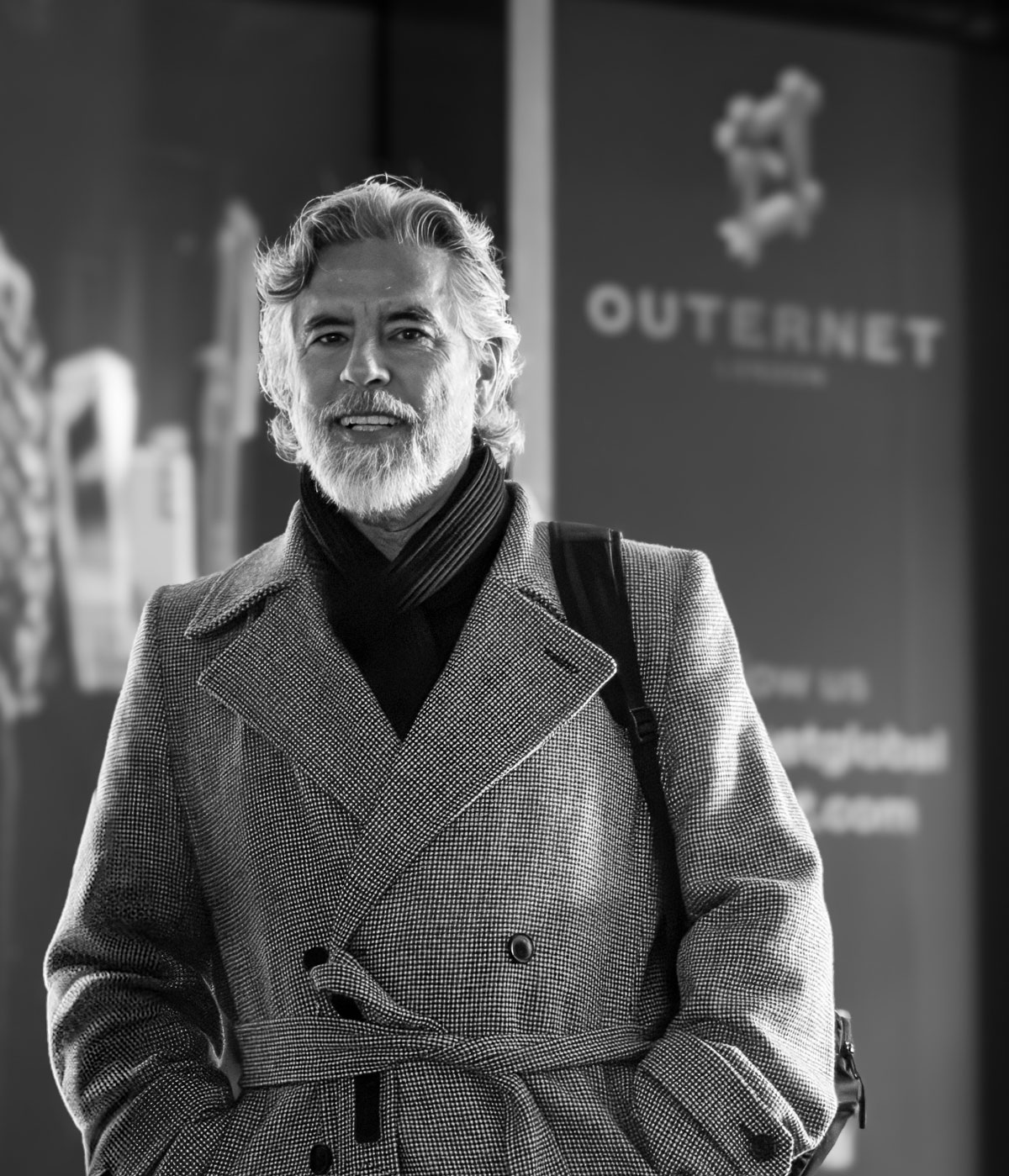
Henk Rogers, co-founder of The Tetris Company
‘People ask me if I’m Mr Tetris. I say no, I’m not. I’m Dr Tetris. Mr Tetris created the game,’ he says of Alexey Pajitnov. He was a software engineer based at Moscow’s Dorodnitsyn Computing Centre who, in 1996, was co-founder, with Rogers, of Las Vegas-based The Tetris Company. ‘I kept it alive all these years. So I like to say I had something to do with it afterwards.’
He and Pajitnov’s story was a late-stage Cold War game of intrigue and hustle that was immortalised in the 2023 film Tetris, with Taron Egerton playing Rogers. ‘It’s not me, but it’s an interesting version of me,’ he says of his portrayal in a misfiring, caper-ish movie in which Glasgow stood in for Moscow – and which, naturally, took some dramatic licence with the facts.
‘But at least,’ I say to Rogers, ‘the guy who was Kingsman is you.’
‘That’s right! Or who was Elton John!’
Wallpaper* Newsletter
Receive our daily digest of inspiration, escapism and design stories from around the world direct to your inbox.
How did this collaboration with Outernet, a world first, come about? Firstly, Rogers deflects. ‘I’m not running the business anymore. My daughter runs it, and she has underlings. They were contacted by Outernet, and then we worked with them on the [installation]. It’s actually my brother who’s now in charge of making sure the licensees don’t do anything stupid. And,’ he beams, ‘it’s great.’
This huge, public-access, multi-player iteration of the game – which runs until October 2025 – has been specifically developed for Outernet. But Rogers would like to see it rolled out internationally. In fact, ‘every major city should have an Outernet… [This is] an audiovisual experience, so it’s a great addition to a community. I watch those kids out there and they’re so excited and happy. I love that part of it.’
‘We found a game that is completely cross-cultural, cross-gender, cross-anything’
Henk Rogers
He also loves the fact that this extra-large-format version is ongoing proof-of-concept for the core values of Tetris, of which 520 million units – across multiple computer game and mobile device platforms – have been sold over 40 years. ‘In order for a game to be great, it doesn’t have to be violent. I made an early commitment to myself that I was never going to work on a game that I didn’t want my kids to play. It was a very simple rule of thumb. And this is the ultimate game that you want anybody to play.
‘And it turned out that way,’ he continues. ‘We found a game that is completely cross-cultural, cross-gender, cross-anything. It was the first game that was played in large numbers by women back in the 1990s. So we broke the gender barrier for computer games. Now half the people that play games on mobile phones are women.’
It's also an export that defied politics, a soft-power behemoth that emerged from behind the none-more-greyness of the Iron Curtain. Or, as he puts it, ‘it means that creativity can’t be snuffed by government. This is the ultimate example of something [inventive] coming out of a place where it was completely [impossible]. There were no other computer game designers in the Soviet Union. Why would they exist? There was no protection for intellectual property.’
‘I’ve switched careers. I’m no longer working on games… I’m now fighting climate change’
Henk Rogers
Rogers is also in the UK to drum up enthusiasm for his forthcoming memoir, The Perfect Game – Tetris: From Russia With Love. He wrote the book because, firstly, he had time during Covid. And secondly, ‘I’ve switched careers. I’m no longer working on games,’ says a lifelong designer who wrote the first role-playing game in Japan, The Black Onyx, a market-leading hit in 1984 (‘it was on cassette tape!’) and an achievement that launched his career. ‘I’m now fighting climate change,’ he says of his Blue Planet Energy foundation. ‘We are working to end the use of carbon-based fuel.’
Despite that pivot, though, he actually still keeps his hand in with The Tetris Company. His current mission: ‘How do we create a version of Tetris that is more watchable, as a spectator sport?’ As the wide-eyed crowds gather in the Outernet atrium, this London trial feels like a decent first step.
I ask Rogers, how surprised is he that this simple, basic game is as potent as ever? ‘I’m surprised that nobody’s come up with a better game… What have they come up with? Candy Crush? Bejeweled? Come on,’ he says dismissively. So what does that game-changing status make Tetris – a billion-dollar company? ‘Oh, yeah.’ More? ‘I wouldn’t sell it for less!’
London-based Scot, the writer Craig McLean is consultant editor at The Face and contributes to The Daily Telegraph, Esquire, The Observer Magazine and the London Evening Standard, among other titles. He was ghostwriter for Phil Collins' bestselling memoir Not Dead Yet.
-
 Dimoremilano and Loro Piana channel 1970s cinema in decadent Milan display
Dimoremilano and Loro Piana channel 1970s cinema in decadent Milan displayAt Milan Design Week 2025, Dimorestudio has directed and staged an immersive, film-inspired installation to present new furniture and decor for Loro Piana
By Dan Howarth Published
-
 The new Google Pixel 9a is a competent companion on the pathway to the world of AI
The new Google Pixel 9a is a competent companion on the pathway to the world of AIGoogle’s reputation for effective and efficient hardware is bolstered by the introduction of the new Pixel 9a, a mid-tier smartphone designed to endure
By Jonathan Bell Published
-
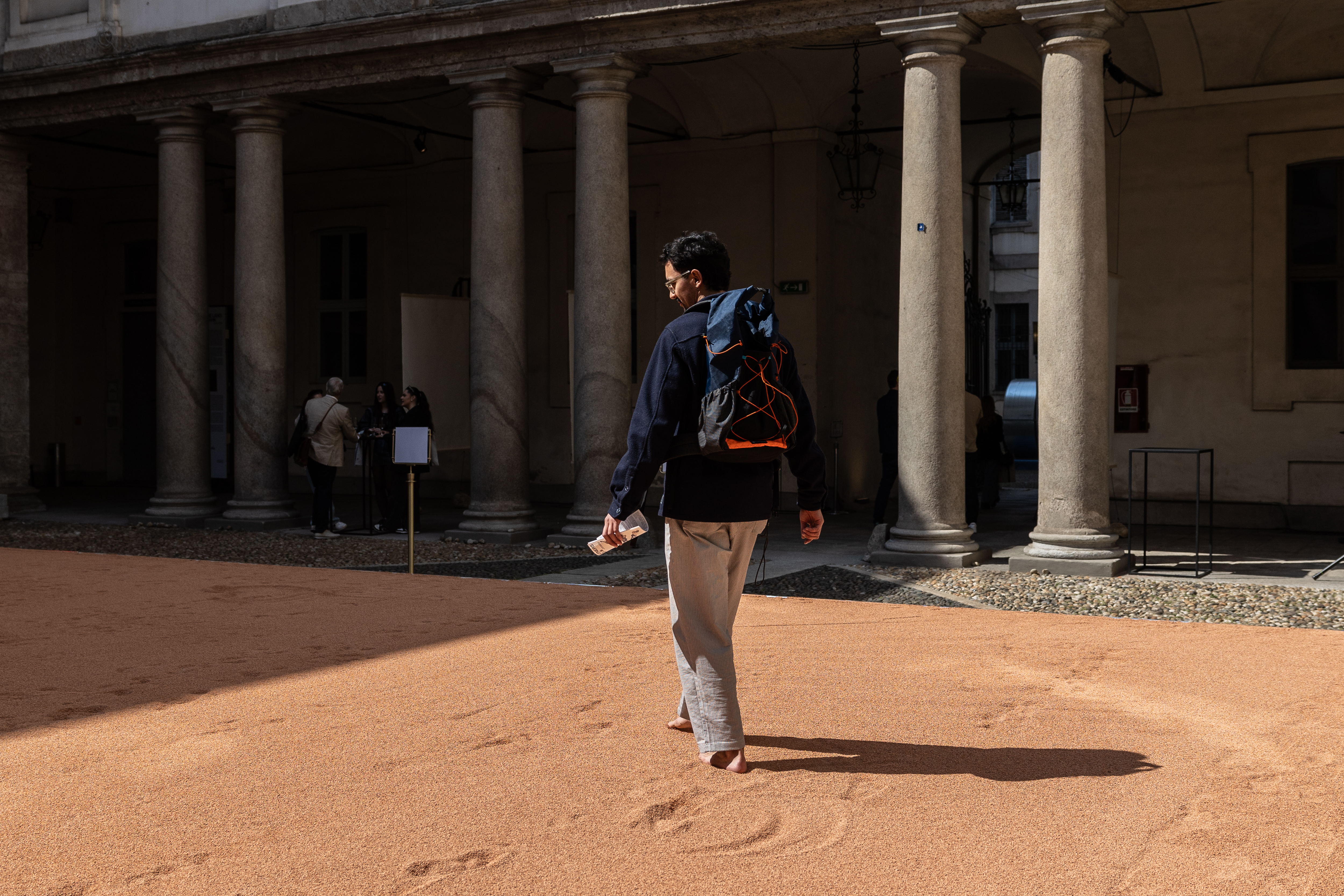 In Milan, MoscaPartners presents a poetic exploration of ‘migration’
In Milan, MoscaPartners presents a poetic exploration of ‘migration’Alongside immersive work by Byoung Cho, MoscaPartners’ Milan Design Week 2025 display features an accessible exhibition path designed for visually impaired visitors
By Cristina Kiran Piotti Published
-
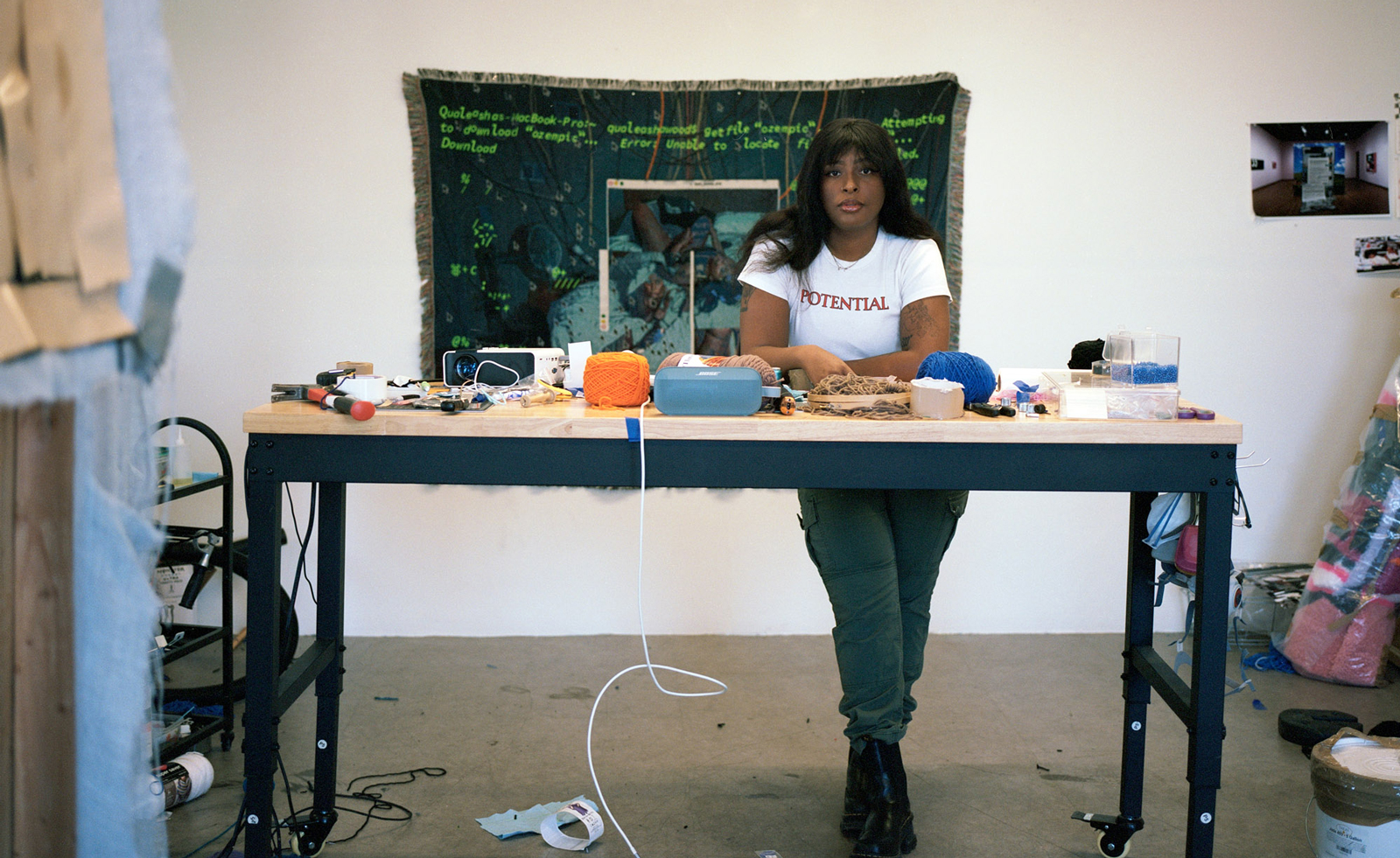 Artist Qualeasha Wood explores the digital glitch to weave stories of the Black female experience
Artist Qualeasha Wood explores the digital glitch to weave stories of the Black female experienceIn ‘Malware’, her new London exhibition at Pippy Houldsworth Gallery, the American artist’s tapestries, tuftings and videos delve into the world of internet malfunction
By Hannah Silver Published
-
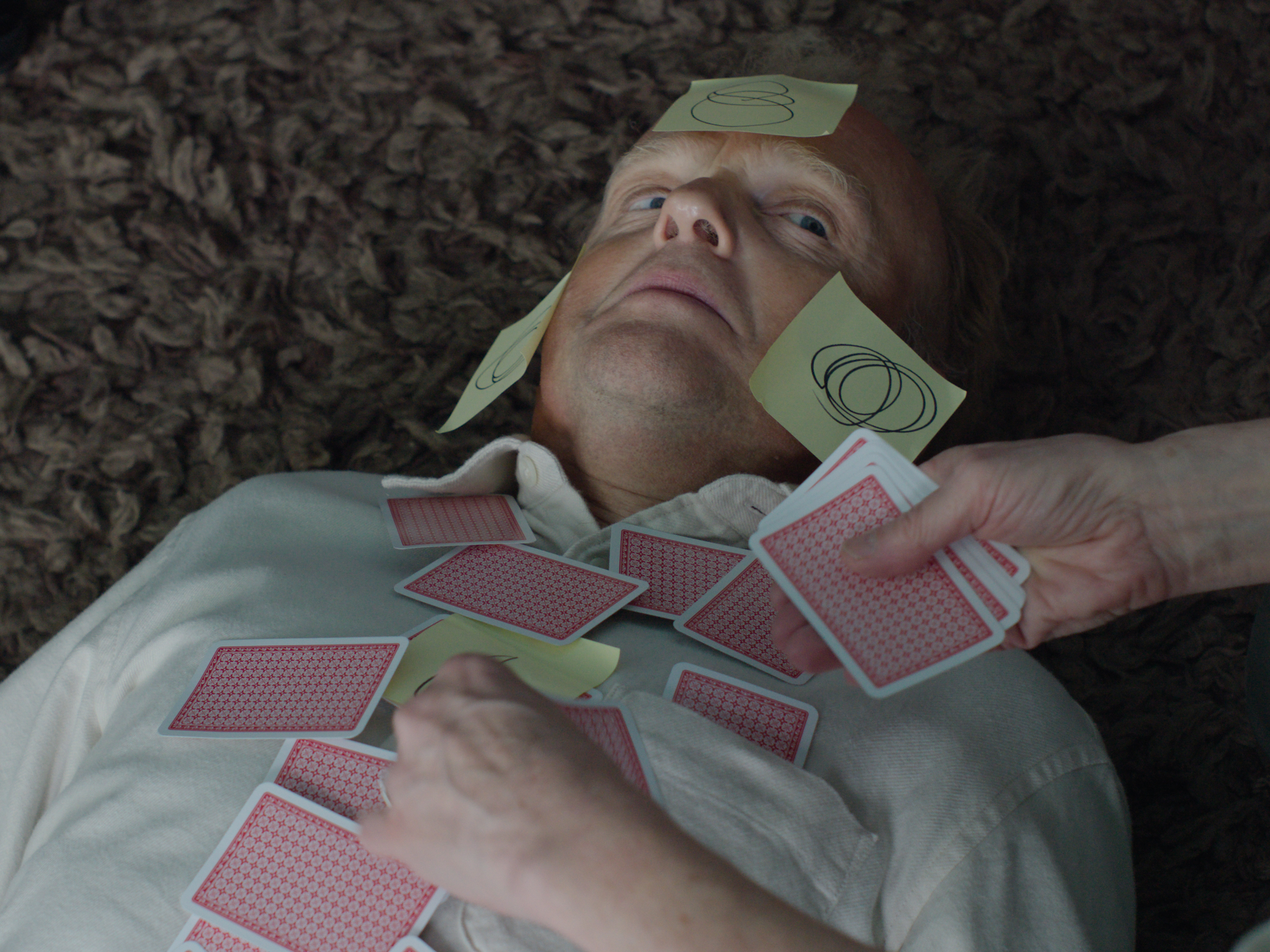 Ed Atkins confronts death at Tate Britain
Ed Atkins confronts death at Tate BritainIn his new London exhibition, the artist prods at the limits of existence through digital and physical works, including a film starring Toby Jones
By Emily Steer Published
-
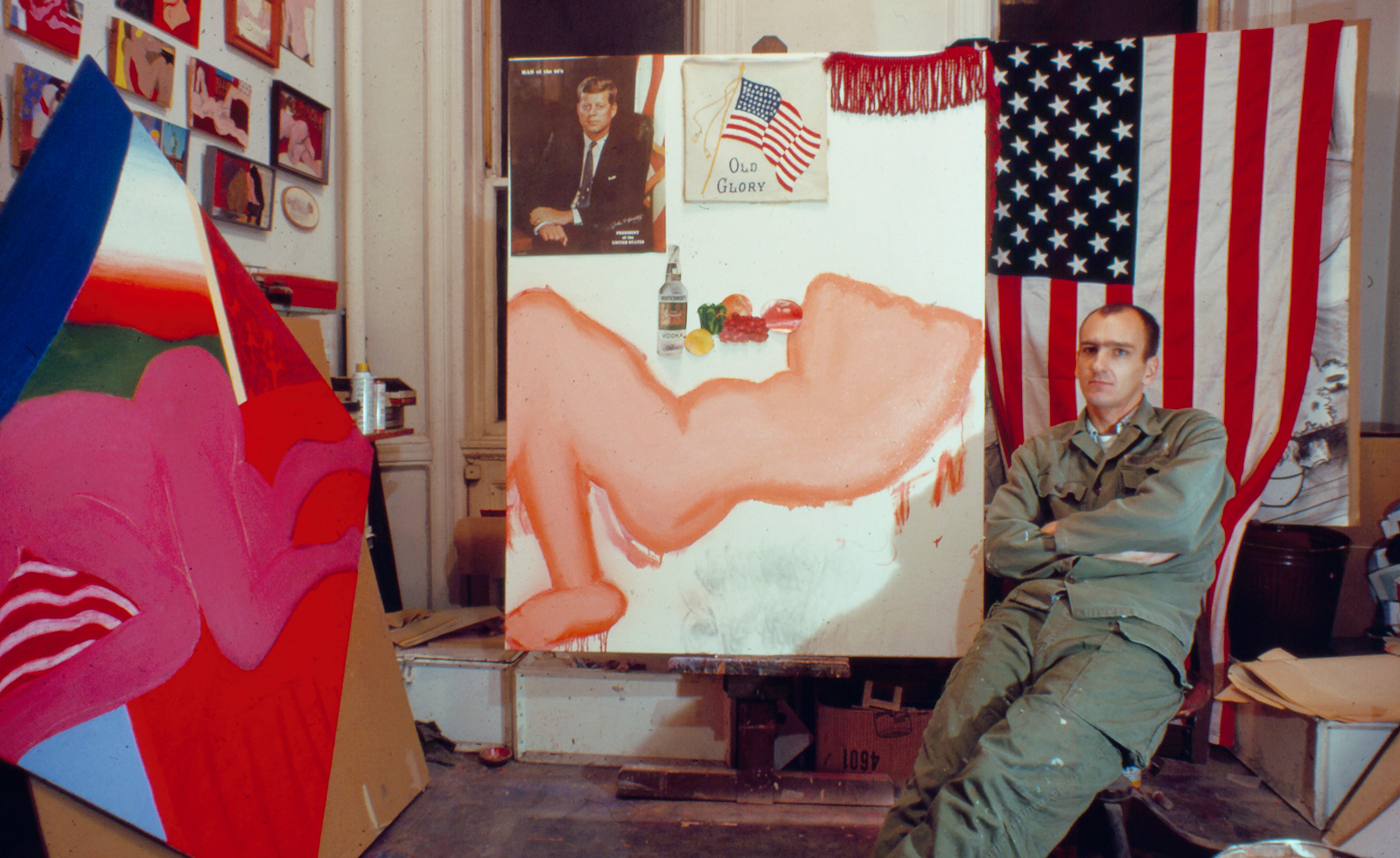 Tom Wesselmann’s 'Up Close' and the anatomy of desire
Tom Wesselmann’s 'Up Close' and the anatomy of desireIn a new exhibition currently on show at Almine Rech in London, Tom Wesselmann challenges the limits of figurative painting
By Sam Moore Published
-
 A major Frida Kahlo exhibition is coming to the Tate Modern next year
A major Frida Kahlo exhibition is coming to the Tate Modern next yearTate’s 2026 programme includes 'Frida: The Making of an Icon', which will trace the professional and personal life of countercultural figurehead Frida Kahlo
By Anna Solomon Published
-
 A portrait of the artist: Sotheby’s puts Grayson Perry in the spotlight
A portrait of the artist: Sotheby’s puts Grayson Perry in the spotlightFor more than a decade, photographer Richard Ansett has made Grayson Perry his muse. Now Sotheby’s is staging a selling exhibition of their work
By Hannah Silver Published
-
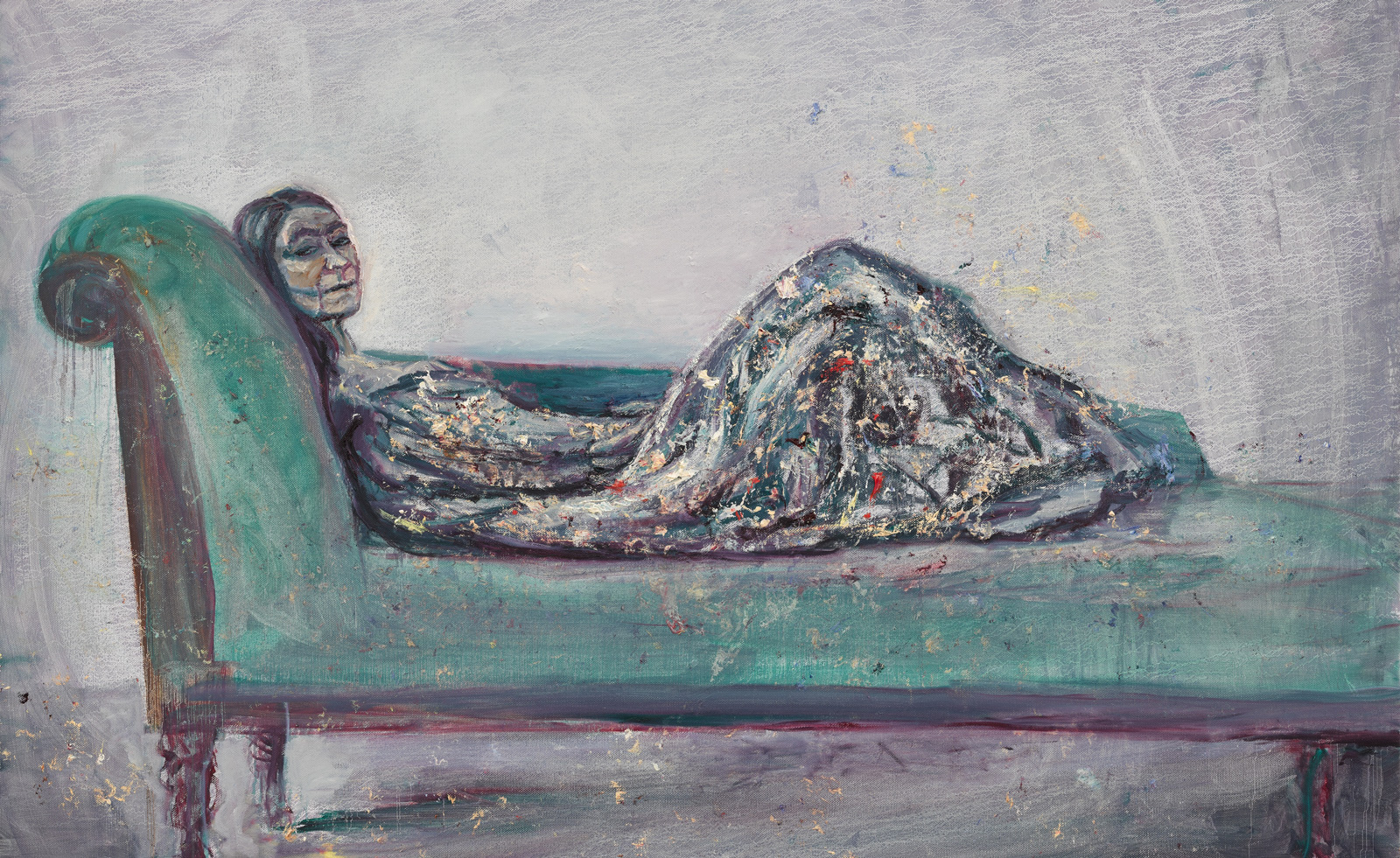 Celia Paul's colony of ghostly apparitions haunts Victoria Miro
Celia Paul's colony of ghostly apparitions haunts Victoria MiroEerie and elegiac new London exhibition ‘Celia Paul: Colony of Ghosts’ is on show at Victoria Miro until 17 April
By Hannah Hutchings-Georgiou Published
-
 Teresa Pągowska's dreamy interpretations of the female form are in London for the first time
Teresa Pągowska's dreamy interpretations of the female form are in London for the first time‘Shadow Self’ in Thaddaeus Ropac’s 18th-century townhouse gallery in London, presents the first UK solo exhibition of Pągowska’s work
By Sofia Hallström Published
-
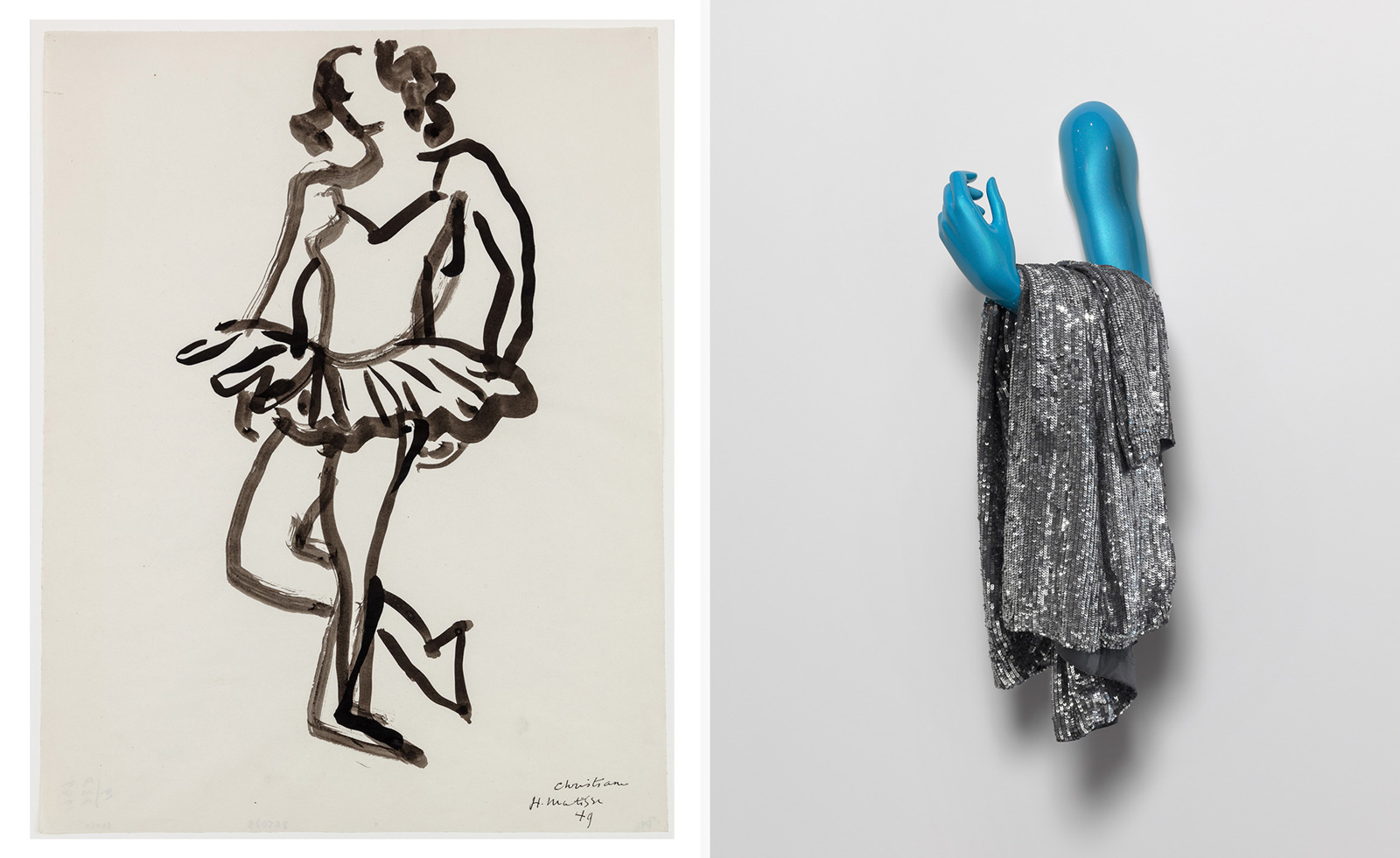 Sylvie Fleury's work in dialogue with Matisse makes for a provocative exploration of the female form
Sylvie Fleury's work in dialogue with Matisse makes for a provocative exploration of the female form'Drawing on Matisse, An Exhibition by Sylvie Fleury’ is on show until 2 May at Luxembourg + Co
By Hannah Silver Published